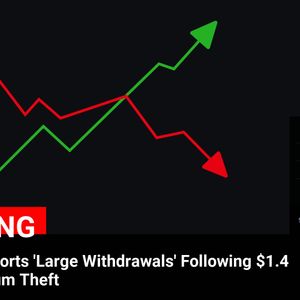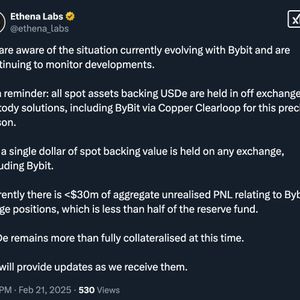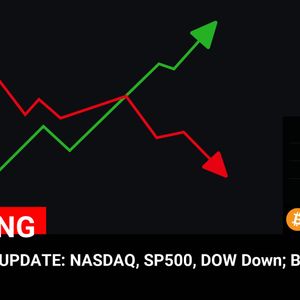Nigeria’s governance of digital assets has progressed with the enactment of its taxation policy on digital currency transactions, as reported. The government’s aim is to improve revenue collection and incorporate digital assets into its fiscal system by levying a 10% tax on capital gains from cryptocurrency transactions. Government Pushes For Crypto Taxation According to Bloomberg , the Nigerian government levied a 10% tax on profits from the sale of digital assets under the 2023 Finance Act. This strategy’s implementation in May 2023 was consistent with the government’s overarching objective of expanding its income base. Authorities intend to increase revenue from Nigeria’s expanding digital economy by concentrating on cryptocurrency earnings. Nigeria is amending regulations to allow cryptocurrency trading and digitized transactions to be taxed as it seeks to boost revenue https://t.co/v5lhqtNamp — Bloomberg Africa (@BloombergAfrica) February 18, 2025 Although this represents a substantial stride toward the formalization of cryptocurrency within the financial system, it has also prompted apprehension among investors and merchants. Some individuals are concerned that the high taxation may discourage market participation, thereby directing more users toward decentralized, unregulated platforms. Others regard it as an essential measure in the process of legitimizing the industry. SEC Introduces Licensing Requirements In addition to taxation, the Securities and Exchange Commission (SEC) of Nigeria has required that all cryptocurrency firms that operate within the country obtain Virtual Asset Service Provider (VASP) licenses . The objective of the regulatory framework is to establish a more organized environment for the trading of digital assets, thereby mitigating risks such as money laundering and fraud. Exchanges and crypto-related businesses are required to comply with stringent regulations under these new rules. Companies that fail to obtain the necessary licensing may be subject to penalties or restrictions, which could hinder their ability to operate legally within the country. Mixed Reactions From Crypto Users These developments have divided Nigeria’s crypto community. Some investors and analysts believe taxation and regulation might entice institutional investors and mainstream acceptance, but others worry about unexpected consequences. A 10% capital gains tax may have a substantial impact on the profitability of small-scale traders, rendering trading less appealing. Some market observers contend that the tax could potentially force crypto operators to conduct their business under the radar, making them more difficult to monitor and regulate, if a well-defined implementation strategy is not in place. Featured image from Gemini Imagen, chart from TradingView




















